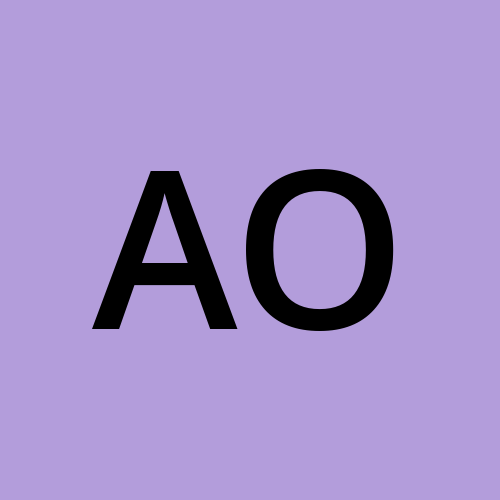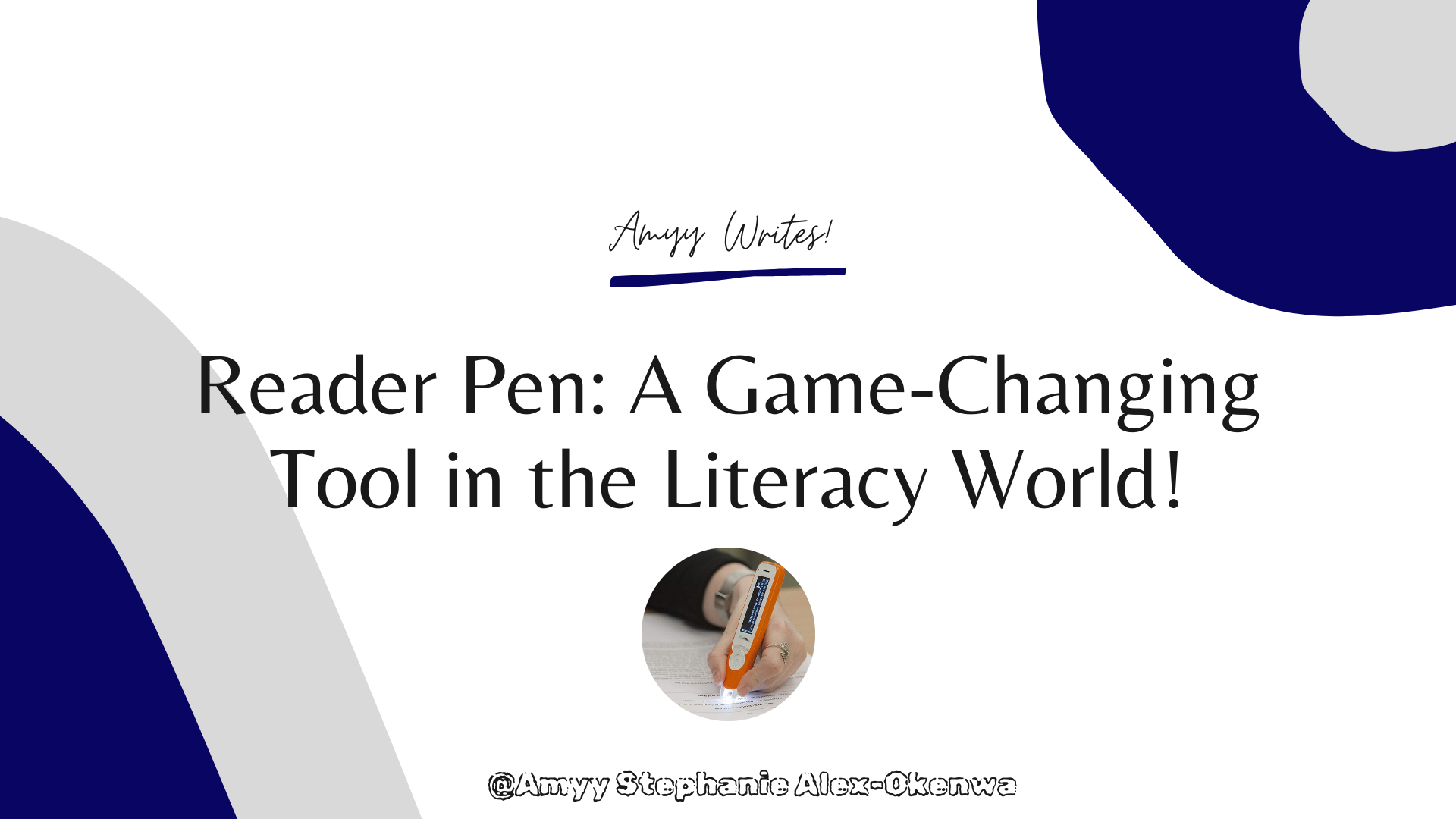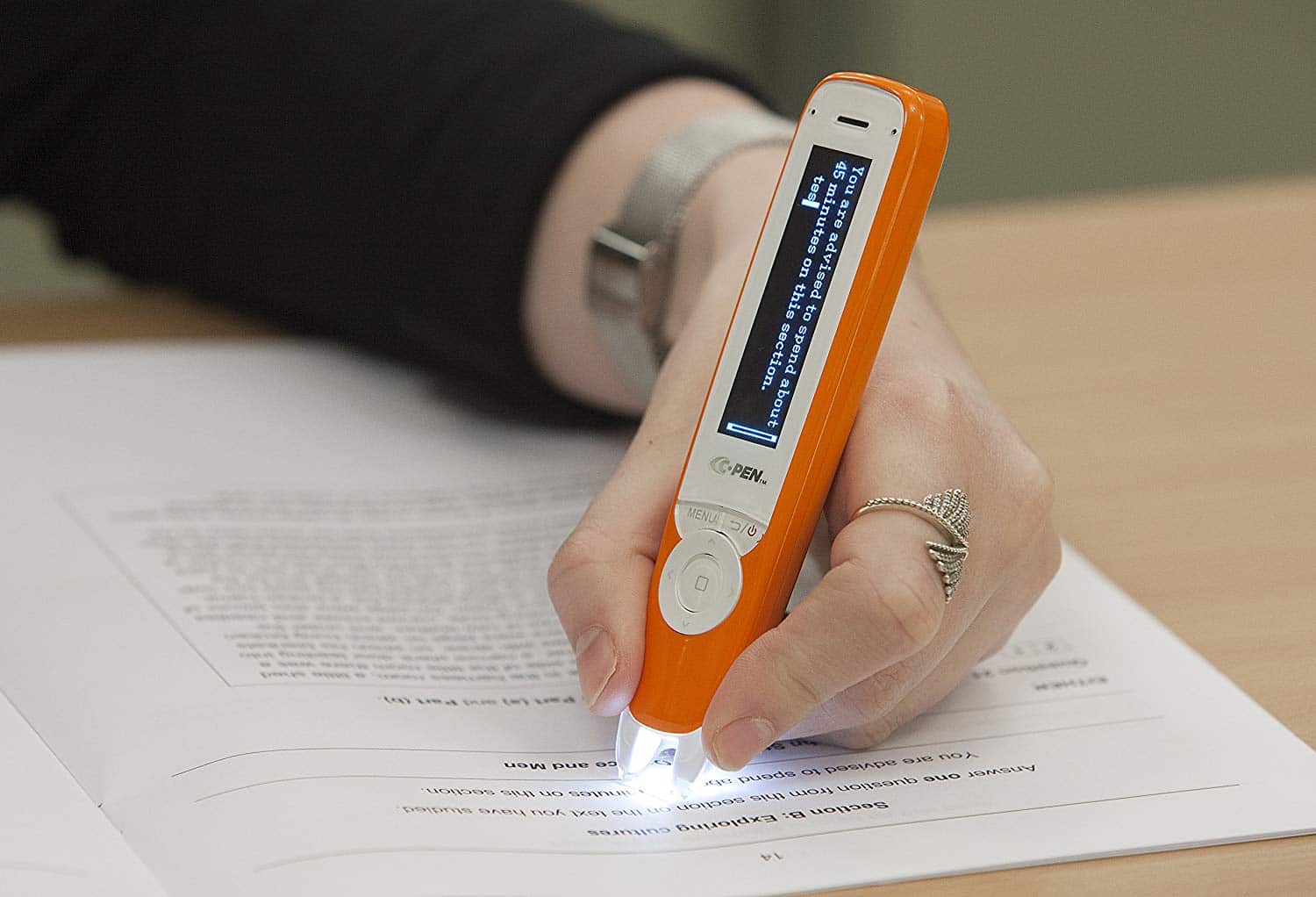Exploring the ReaderPen - Your Gateway to Effortless Reading
 Amyy Stephanie Alex-Okenwa
Amyy Stephanie Alex-Okenwa
Have you ever heard of 'READER PEN' or, better yet, used this product before?

In a world fuelled by innovation, where technology intertwines seamlessly with everyday life, this game-changing tool revolutionizes the way we interact with written words. But what exactly is this futuristic marvel, and how did it find its way into our lives?

In this article, we are going to be delving deep into the amazing world of ReaderPen, uncovering its origins, understanding its transformative purpose, and embracing the profound impact it holds on the landscape of literacy.
The Genesis: ReaderPen otherwise known as C-pen Reader or Smart Reader is cutting-edge device, born out of a passion for accessibility and education, is a testament to the relentless pursuit of making learning an inclusive and enjoyable experience.
In Lund, Sweden, an inventive and patent-protected technique for a tiny sensor that could scan images and fit within a pen was first used in 1998.
As time went on, technology became increasingly useful in supporting those who struggled with reading. It became apparent that the instrument has the capacity to significantly impact people's lives.
In 2015, the focus for ReaderPen became for the ultimate reading and learning tool for both children and adults in need of support and since then, the company has been constantly and passionately developing new user-friendly features and functionality of the highest quality.
The Purpose: Inspired by the desire to empower individuals with varying reading abilities, ReaderPen was crafted to break down barriers and provide a tool that speaks volumes—quite literally.
Nurturing Independent Reading Designed with a profound mission, the ReaderPen is not merely a gadget; it's a catalyst for fostering independent reading. Imagine a world where anyone, regardless of their reading proficiency, can effortlessly scan a text and have words whispered to them with the warmth of natural-speaking voices. This device is more than just a pen; it's an advocate for literacy, championing the cause of those who seek to navigate the written word independently. become more independent regardless of which reading disability they are struggling with. Using ReaderPen’s speech synthesis, they can scan specific words or sentences and then listen to them. With the built-in dictionary, students can also get definitions of particular words that make it easier to understand the text.
The Experience: Hover the ReaderPen over a page, and like magic, the words come alive. With this tool, It's not just about reading; it's about understanding, connecting, and immersing of oneself in the world of literature without the constraints of traditional methods. The ReaderPen marries convenience with precision, defining words with the highest-tier dictionaries at your fingertips—or should I say, at the tip of your pen?
The Benefits: It's a tool for all ages and abilities. The brilliance of ReaderPen lies in its universal appeal. Whether you're a student navigating a challenging textbook, a language learner deciphering a foreign script, or someone with varying reading abilities seeking independence, the ReaderPen is a companion for all. It's more than just an assistive device; it's a bridge to a world where words hold the power to connect, educate, and empower.
Conclusion: ReaderPen is a testament to the belief that everyone deserves the opportunity to explore the wonders of literature independently. So, whatever the age or the reading disability, ReaderPen is the trusted tool and also a companion, opening doors to a future where literacy knows no bounds.
Let's celebrate the magic of the ReaderPen—a beacon guiding us towards a world where reading is not just a skill but a cherished experience.
Thank you for reading this article, stay tuned for my next article, until then, love and light!
**Happy Reading!**✨
You can follow me on Twitter
Subscribe to my newsletter
Read articles from Amyy Stephanie Alex-Okenwa directly inside your inbox. Subscribe to the newsletter, and don't miss out.
Written by
